- Write by:
-
Saturday, December 7, 2019 - 10:29:06 AM
-
720 Visit
-
Print
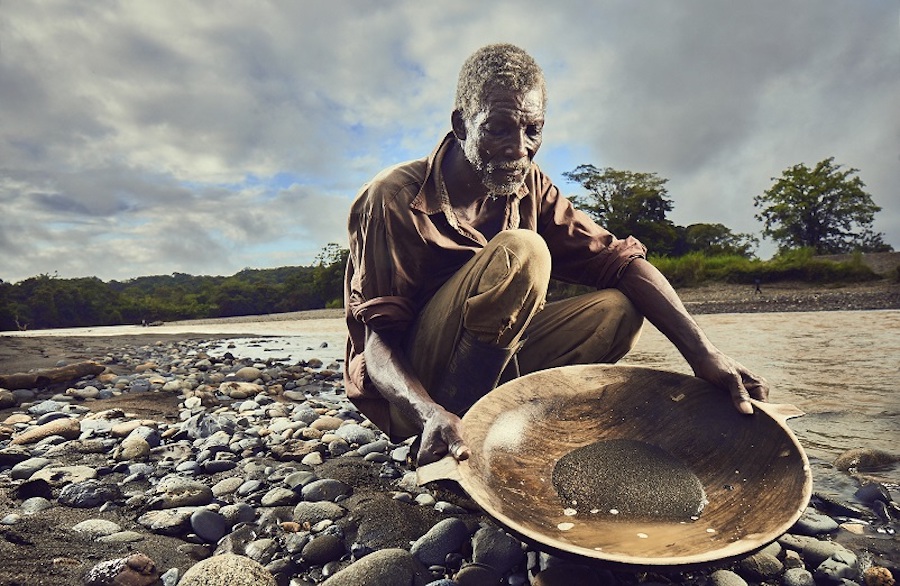
Mining News Pro - A group of international organizations, led by Switzerland’s Better Gold Initiative (BGI), has extended their responsible mining initiative to hundreds of artisanal gold miners from El Chocó, Colombia, which are now part of a fully traceable and accountable international supply chain.
According to Mining News Pro - About 500 local gold panners or “barequeros” have benefitted from the initiative, with aims at improving their working practices in one of the South American country’s poorest regions, still affected by internal conflict.
The program also eliminates child labour and ensures proper environmental practices are in place.
Other than BGI, a public partnership between the Swiss Better Gold Association (SBGA) and the Swiss State Secretariat for Economic Affairs (SECO), the program involves key gold sector actors, such as Colombian International Gold Trader Anexpo, Colombian NGO Atabaque, precious metals refiner Valcambi and luxury watch and jewellery Maison Chopard.
The process begins with artisanal miners being subject to strict due diligence before they can sell their gold to Anexpo. The metal is then shipped to Switzerland, where Valcambi refines it and Chopard uses it in the making of its luxury products.
The system ensures that the barequeros receive not only a competitive price of 70 cents per gram for them to reinvest into improving their living and working conditions, a Valcambi spokesperson told MINING.com. It also allows them to know the exact destination of their gold.
In El Chocó, Colombia’s second-largest gold producing region, artisanal gold mining has been one of the main sources of income for the population of predominantly Afro-Colombians. The Barequeros, of with 46% are women, use local traditional alluvial mining techniques with hand equipment such as sluices and panning. No mercury is applied, protecting the region’s biodiversity, which is among the most unique in the world.
To be legally registered, artisanal gold miners need to obtain a special permit that allows them to produce manually and sell up 420 grams of the precious metal a year.
“Artisanal ancestral alluvial miners in El Chocó lack access to effective mechanisms and resources to improve their working conditions, creating barriers to their ability to comply with formal and international market requirements,” Nils Krauer, BGI Regional Advisor, said in a ceremony held on Friday, marking the first delivery of the incentive.
“We are all here to witness that artisanal gold panners, producing only a few grams of gold per year and fulfilling the SBGA criteria, can reach the Swiss market and become an SBGA eligible gold supplier,” Secretary General, Diana Culillas, said.
Pressure on companies to ensure the metals they buy are not fuelling conflict or involving child labour have stepped up in recent years, particularly after abusive mining practices in Congo came to light in 2015.
According to Amnesty International, children as young as seven have been found scavenging for rocks containing cobalt in the DRC. The group also claims to have evidence that the cobalt those miners dig has been entering the supply chains of some of the world’s biggest brands.
Those and other allegations have put pressure on companies and on traders. The London Metal Exchange (LME), the world’s biggest market for industrial metals, has plans to ban metal tainted by human rights abuses. The initiative to ensure responsible sourcing originally had 2022 as the deadline, but LME will now wait until 2025.
The European Union passed a regulation in May 2017 to stop mine workers being abused and conflict minerals being exported to the EU. The requirement to ensure mineral imports are responsibly sourced will become effective on Jan. 1, 2021.
The London Bullion Market Association (LBMA), in October, called refiners to work on developing and accepting output from “informal” mining projects in frontier and emerging markets.
To be accepted by vault managers in London — a storage hub for the world’s physical bullion trade —gold bars must now come from one of the refineries accredited by the LBMA as meeting its “good delivery” standards.
Short Link:
https://www.miningnews.ir/En/News/453535
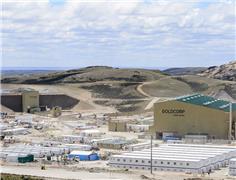
Newmont confirmed on Wednesday that two members of its workforce died this week at the Cerro Negro mine located in the ...
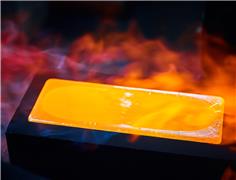
Chinese investors are snapping up stocks tied to high-flying metals from copper to gold, aiding an onshore market facing ...

Outflows from global physically backed gold exchange traded funds (ETFs) continued for a 10th month in March, but at a ...
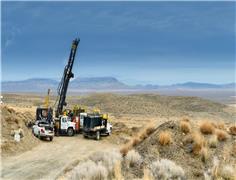
i-80 Gold fell by over 11% at market open Tuesday following its announcement of a C$100 million ($74m) public offering ...
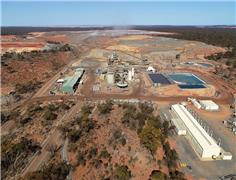
Australia’s Westgold Resources said on Monday it had agreed to acquire Toronto-listed Karora Resources in a ...
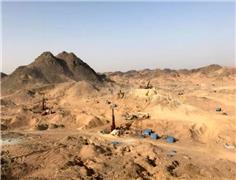
Chinese coal prices are likely to keep falling until the start of the peak summer season, suppressing imports of the ...
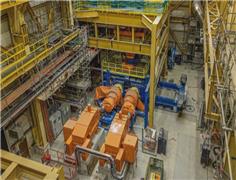
The Côté gold mine has poured its first doré bar as the project advances toward commercial production. The mine, located ...
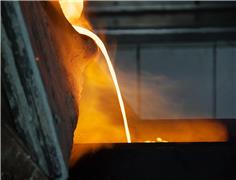
Gold continued its historic rally on Monday by setting another record high, as the latest US inflation data further ...
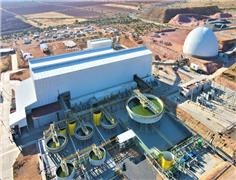
Shares of MAG Silver rose on Thursday following the release of a new mineral resource estimate for the Juanicipio ...
No comments have been posted yet ...